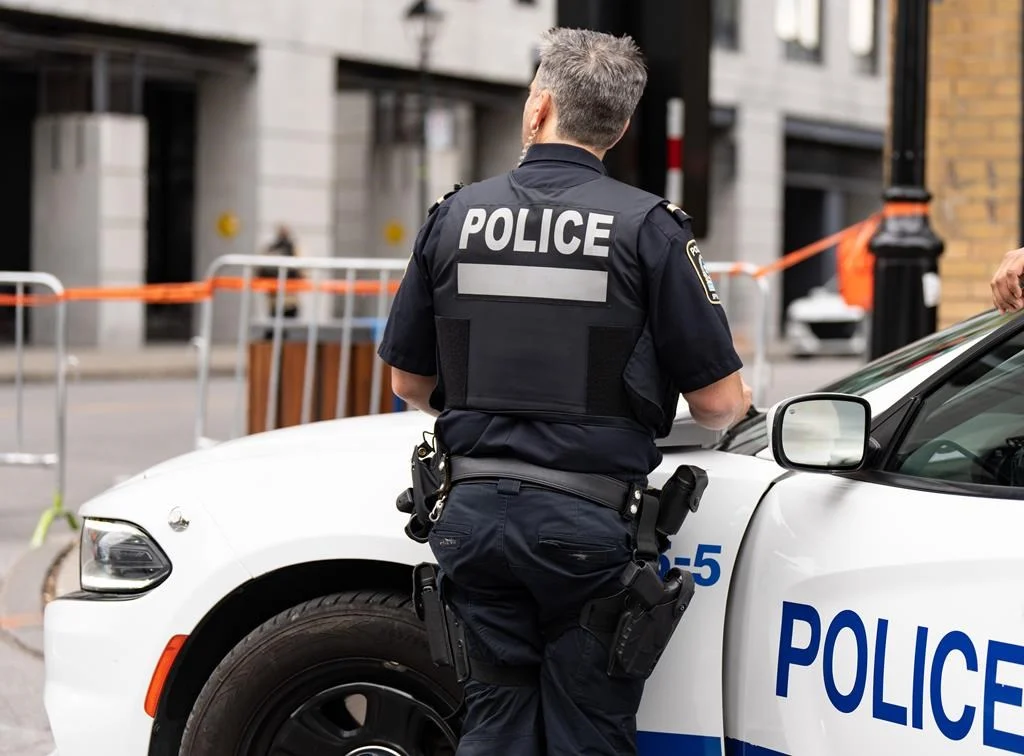Montreal law enforcement has made a minor adjustment to their street check policy, which was originally established in 2020.
“We have committed to revising the policy to clearly define the procedure and enhance communication with the public,” stated police director Fady Dagher during a press briefing where the change was announced.
Starting now, unless an individual is being held, Montreal police must inform them of their right to leave and that they are not obligated to disclose their identity.
“Our aim is to ensure that you do not feel like you are being detained,” Dagher clarified.
The police draw a line between a street check and an intervention. In the case of the latter, the person being stopped is required to cooperate with law enforcement. Although the revised directive will officially come into effect this autumn, Dagher has urged officers to begin adhering to it immediately.
This policy does not pertain to motorists.
The guidelines governing street checks were developed following numerous complaints of racial profiling by Montreal police. An independent study they commissioned revealed that Indigenous, Black, and Arab Montrealers were disproportionately subjected to these stops.
The researchers urged twice for street checks without valid cause to be ceased, a recommendation that the police have rejected.
Critics argue that the new amendment falls short, insisting that nothing less than a prohibition on street checks is acceptable and contending that these types of stops are at the core of social and racial profiling.
“No officer is permitted to request the identity of an individual without a valid suspicion,” emphasized Lydia Khelil, spokesperson for Ligue des droits et libertés.
“This is a standard nationwide.”
According to Dagher, several community organizations have advocated for the continuation of street checks due to safety concerns. He acknowledges that the new amendment leaves room for misuse, but sees it as a step in the ongoing process of transforming the police culture.
The revised policy will be publicly presented on Wednesday evening by the city’s public security commission, providing an opportunity for the public to pose questions.


